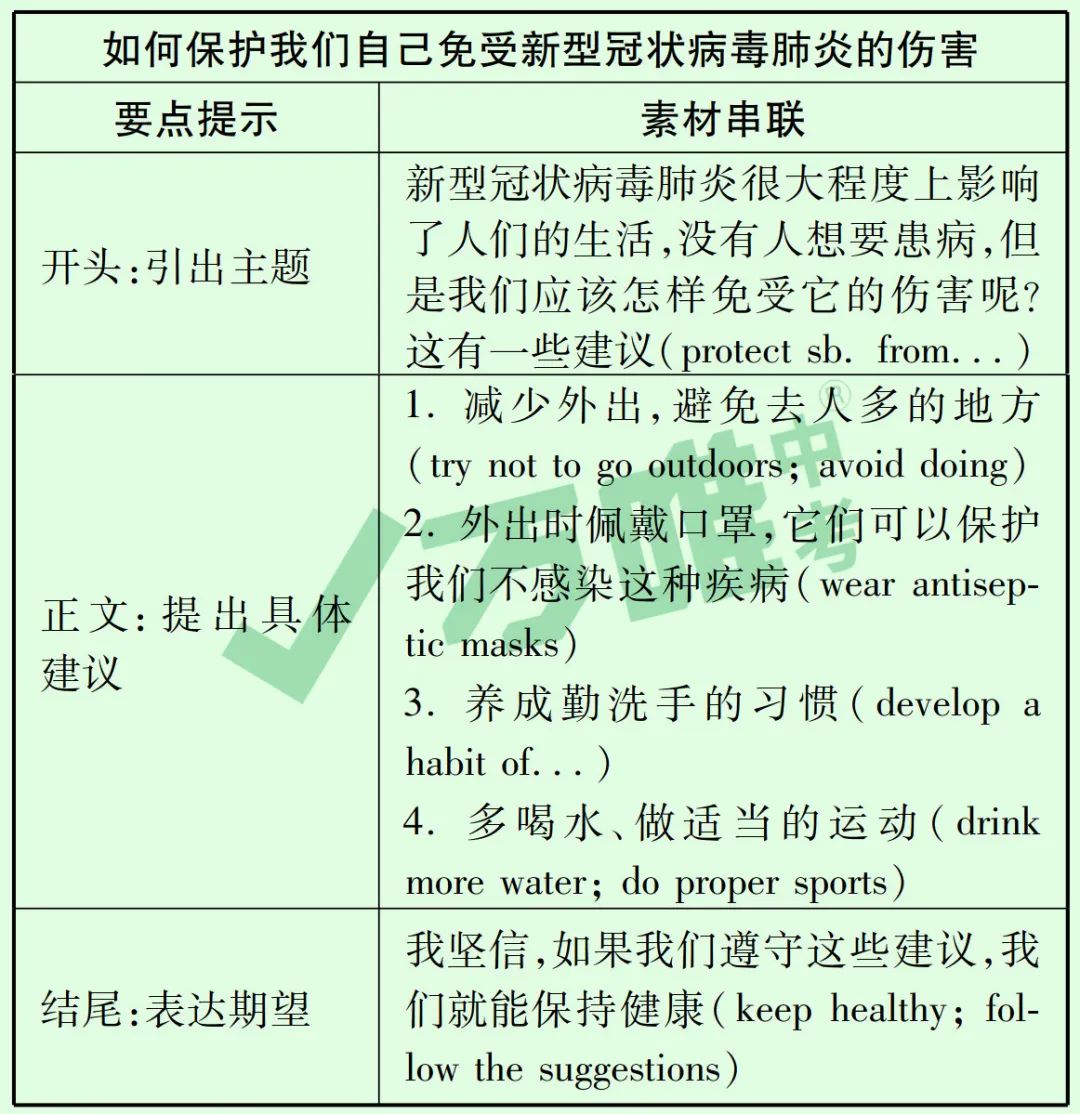In the midst of a global pandemic, the world has been transformed by the invisible yet relentless force of COVID-19. This virus, with its swift spread and profound impact, has brought nations together and apart in ways that test the very fabric of our interconnectedness. As the world grapples with this unprecedented challenge, the language of empathy and solidarity has become a common thread weaving through the tapestry of our shared experience.
In the English language, words like "quarantine," "pandemic," and "social distancing" have become part of our daily vocabulary, each carrying a weighty significance that reflects the gravity of the situation. "Quarantine," once a word associated with isolation and fear, now evokes a sense of hope and resilience as people around the globe adapt to this new normal. "Pandemic," a term once confined to the realm of epidemiology, has become a household word, reminding us of our collective vulnerability and the need for global cooperation. And "social distancing," a phrase that encapsulates the delicate balance between maintaining personal space and preserving human connections, has become a symbol of our adaptability in the face of adversity.
The English language, in its unique ability to convey nuanced emotions and complex ideas, has served as a bridge between nations during this trying time. It is through this language that we share stories of courage and sacrifice, from the frontline healthcare workers who tirelessly battle the virus to the ordinary citizens who adhere to guidelines out of a deep sense of responsibility. The phrases "heroic efforts" and "selfless contributions" resonate deeply, as they encapsulate the spirit of humanity in its purest form.
The pandemic has also highlighted the importance of digital communication in maintaining connections amid physical distancing. Platforms like Zoom, Skype, and WhatsApp have become integral to our daily lives, allowing us to conduct virtual meetings, attend online classes, and even celebrate life's milestones from a distance. The English language plays a crucial role in facilitating these digital interactions, ensuring that messages of love, support, and encouragement can be conveyed across borders with ease.
Moreover, the pandemic has spurred a renewed interest in learning new skills and adapting to changing circumstances. Online courses in English language learning have seen a surge in enrollments, as people seek to improve their communication skills in a world that is increasingly interconnected through technology. The phrase "digital literacy" has gained prominence, emphasizing the need for individuals to not only read but also write effectively in English in this digital age.
Yet, amidst all this digital activity, there is a yearning for human touch. The phrase "touching base" takes on new meaning during these times, as we seek to maintain personal connections through virtual hugs and heartfelt conversations. It reminds us that while technology can bridge distances, nothing can replace the warmth of an actual embrace or the comfort of being heard in person.
As we navigate through this pandemic together, the English language serves as a unifying force, helping us express our fears, our hopes, and our resilience. It is a testament to our ability to adapt and persevere in the face of adversity. The phrases "together we stand," "we're in this together," and "we'll get through this" echo through our conversations, reminding us that despite the challenges we face, we are not alone.
In conclusion, the global pandemic has taught us many lessons about resilience, adaptability, and the power of human connection. Through the English language, we have learned to communicate in ways that transcend borders and unite us in our shared struggle. As we continue to navigate this uncertain time, let us remember that in the end, it is not the viruses that define us but rather the way we choose to respond to them – with empathy, courage, and a relentless pursuit of knowledge and understanding.












 京ICP备11000001号
京ICP备11000001号
发表评论